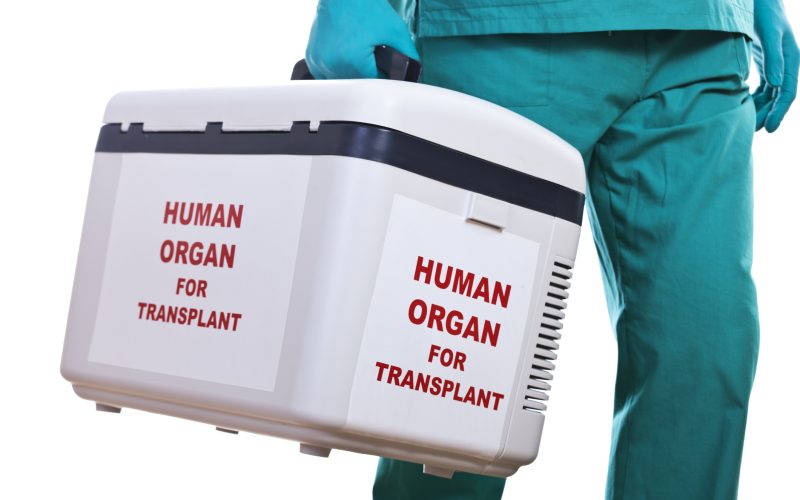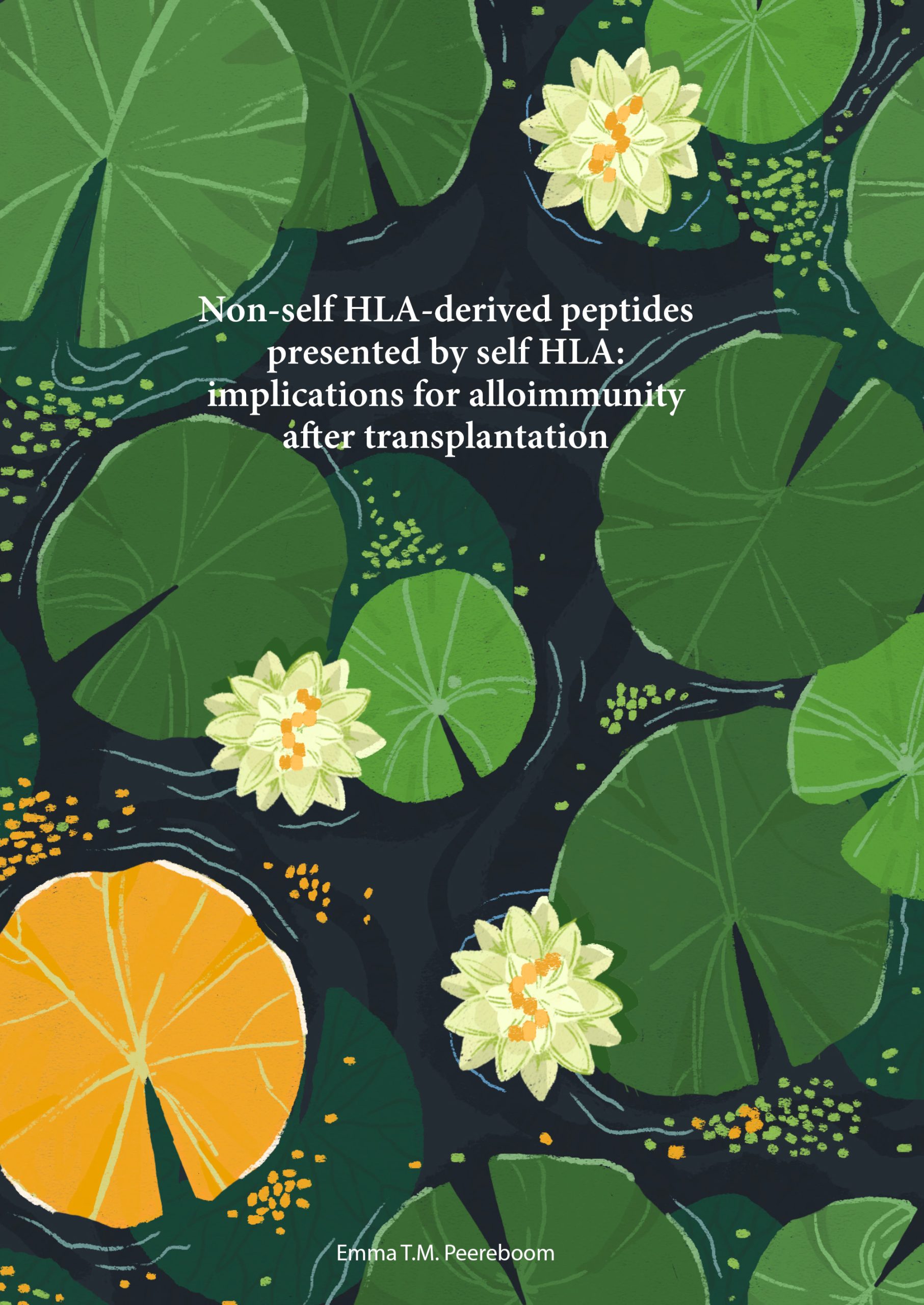Research by PhD candidate Emma Peereboom (UMC Utrecht) shows how hidden protein fragments and past immune memory may raise the risk of rejection in kidney transplant recipients. The findings of this study pave the way for a better matching of donors and recipients.
More than 1.7 million people in the Netherlands live with chronic kidney disease. At its final stage, kidney failure, patients need dialysis or a kidney transplant to survive. For many, transplantation offers a longer life expectancy and a better quality of life than dialysis. But even with the best care, rejection of the donor kidney remains a major challenge. When a patient receives a kidney transplant, the hope is that the new organ will last for many years. But sometimes the recipient’s immune system sees the donor kidney as an intruder. This immune reaction – called alloimmunity – can cause rejection and even graft failure. A new PhD thesis by Emma Peereboom, MSc (Center for Translational Immunology, UMC Utrecht) uncovers why this happens, pointing to an overlooked culprit: tiny protein fragments from donor tissue that are presented by the patient’s own immune system.
Emma Peereboom, PhD
Our immune system constantly shows fragments of proteins, called peptides, to T cells. In transplantation, fragments from the donor’s HLA proteins can be displayed by the recipient’s HLA molecules. When a specific type of T cell – the T helper cell – recognizes donor HLA, it provides help to other immune cells. This triggers the attack against the transplanted organ. Using the PIRCHE-II algorithm, Emma Peereboom and colleagues from the Transplantation research group predicted which donor peptides would be recognized by these T helper cells. Patients with more of these so-called T helper-cell epitopes were more likely to develop T-cell-mediated rejection after transplantation.
The study also found that ‘immune memory’ plays a critical role. Patients who had previously encountered HLA – for example through pregnancy, transfusion or earlier transplants – were at higher risk of graft failure. In kidney transplant recipients where the donor peptides overlapped with those already seen, the risk of graft failure was raised.Lessons from pregnancy
The research went beyond transplantation. In women with recurrent pregnancy loss, paternal HLA-derived peptides seemed to make a difference. Women who carried a pregnancy to term had more of these predictive epitopes than those who experienced another loss during the study. This suggests that, in pregnancy, certain immune responses may actually protect rather than harm.
Another surprising factor: cytomegalovirus (CMV). Some HLA signal peptides are identical to viral fragments from CMV. For transplant recipients who already carry the virus, this ‘immune memory’ can backfire. Peereboom showed that CMV-positive patients receiving kidneys with these signal peptides faced an increased risk of rejection early after transplantation.
Together, the findings reveal a complex picture. Both T helper-cell epitopes and HLA signal peptides shape how the immune system responds after transplantation. According to Emma Peereboom are the implications significant. “In the future, the insights generated in this research could help doctors predict which patients are at higher risk of rejection and fine-tune donor matching. That could mean fewer complications after transplantation and longer survival of the donated kidneys”, she concluded.
Cover PhD thesis
Emma Peereboom, MSc (1997, Utrecht) defended her PhD thesis on October 2, 2025 at Utrecht University. The title of the thesis was “Non-self HLA-derived peptides presented by self HLA: implications for alloimmunity after transplantation”. Supervisor was prof. Femke van Wijk, PhD and co-supervisor was Eric Spierings, PhD (both Center for Translational Immunology, UMC Utrecht). Emma works as a post-doctoral fellow in the Transplantation research group of Eric Spierings, where she continues to investigate HLA signal peptides and transplant outcomes.


